
Brief: Entocycle & Bühler partner to cut the ‘trial and error’ phase from large-scale BSF production
The companies will provide expertise, equipment and services for converting organic waste into BSF larvae used for protein in animal feed.

The companies will provide expertise, equipment and services for converting organic waste into BSF larvae used for protein in animal feed.

Plus, CPG product-testing startup Highlight raises $18 million and Jimi Biotech debuts cultivated deer antler.

Nexus PMG has raised a $50 million growth equity round to expand its infrastructure advisory business to investors and developers creating projects that convert waste into everything from fuel to animal feed.

Investment in agrifoodtech will be key to the stable, sustainable and prosperous development of Africa, says Saron Berhane.
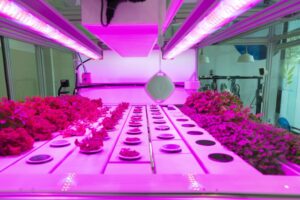
From insects to indoor greens, Australian startups demonstrate the potential for novel farming systems at home and abroad.

Several biomaterials startups made headlines with fundraises, partnerships and other developments for leather, wood and oil alternatives.

Through a novel patent-pending process, ARC Ento Tech is turning waste into animal feeds, fertilizers and a reductant that could replace coking coal.

If crickets—which pack an attractive nutritional punch with a low environmental impact—are going to gain traction in the alternative protein market, two things must happen, says Aspire Food Group. Costs must come down and supplies of consistent, high-quality raw material must go up.

Armed with cash from a Kickstarter campaign and a fervent belief that edible insects were the next big thing for human and planetary health, Pat Crowley introduced many Americans to the concept of eating bugs back in 2012 via Chapul cricket bars.
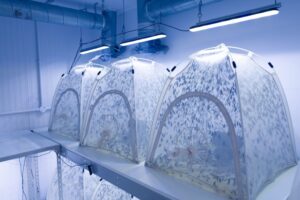
Entocycle, a UK startup that provides technologies and services for the insect farming industry, has secured $5 million in a Series A round from a
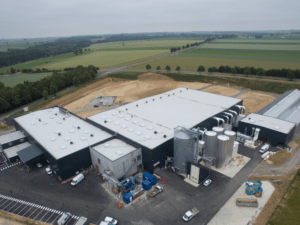
The insect protein startup plans to operate 10 facilities that farm insects for protein by the end of the decade, starting wtih the US.

The trend for African alternative protein startups is coming to the African continent. Here’s a closer look at five of them.

Indian insect biotech startup Loopworm secures $3.4m seed round led by Omnivore and WaterBridge to scale up research and development and production.

Ghana’s Wangara Green Ventures is an impact and climate focused fund supporting small and growing climate-friendly businesses.

Elsewhere, the Gates Foundation and Qatar’s development fund pledged $200 million to help African smallholders with climate change adaptation.

The Cambridge, UK-based company aims to recreate ‘upcycling’ in nature by feeding our food waste to fly larvae – which are then fed to livestock.
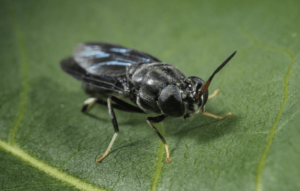
Protix bagged big bucks this week for its insect protein; while Cooks Venture secured capital to breed slower-growing chickens.
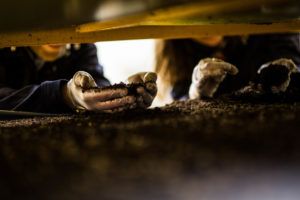
The Paris-based startup will supply insect protein to ADM’s pet foods division, to create “high-quality nutritional” products with “a significantly lower carbon footprint and land requirement.”

The UK startup will use its insect farms to turn food waste from Morrisons supermarkets into feed for hens to produce ‘carbon-neutral’ eggs.
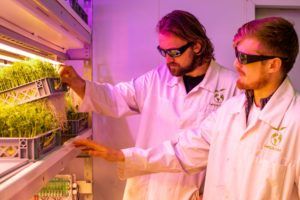
Global Incubator Programme – Gateway to Asia will help eight UK agrifood startups develop a roadmap to remotely establish their in-market presence in the region.

Sponsored
International Fresh Produce Association launches year 3 of its produce accelerator